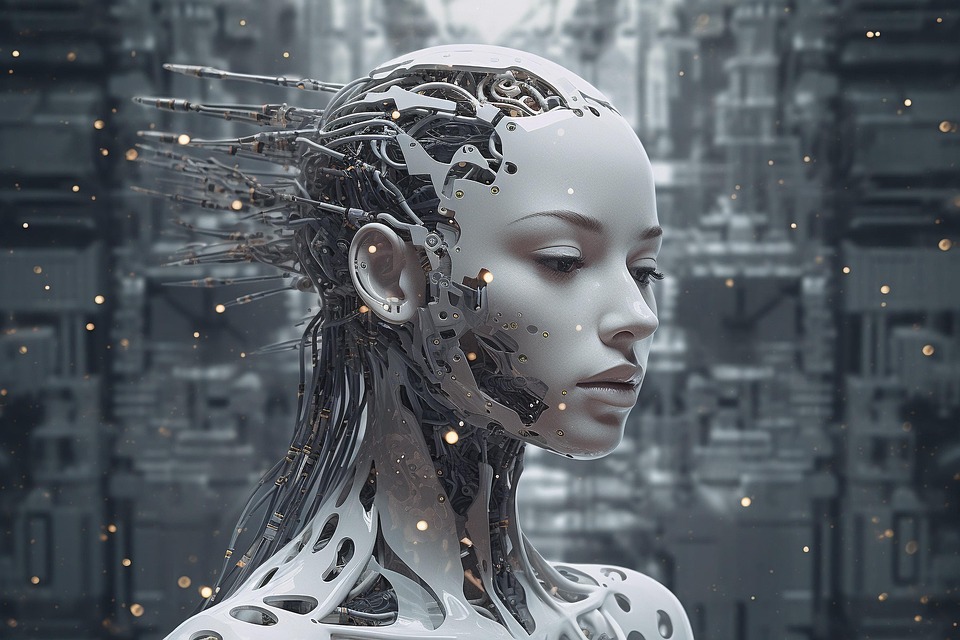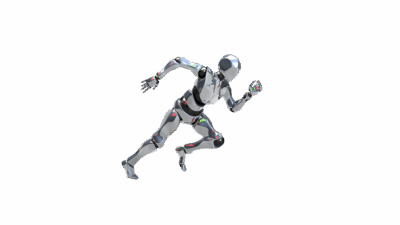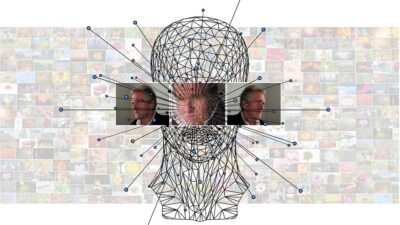As artificial intelligence (AI) increasingly permeates our daily lives, it brings with it tremendous promise and an array of challenges. From enhancing healthcare to revolutionizing transportation, AI holds the potential to accelerate innovation in various sectors. Yet, with this promise comes a significant ethical dilemma: how to balance rapid technological advancement with societal responsibility.
The Double-Edged Sword of AI Innovation
Positive Impacts
AI has the profound ability to analyze vast datasets, identify patterns, and execute complex tasks far quicker than humans. In healthcare, AI algorithms can aid in diagnosing diseases, personalizing treatment plans, and predicting patient outcomes. In industries such as agriculture, AI technologies optimize supply chains and increase yields, addressing food security challenges.
Moreover, AI enhances productivity, allowing businesses to allocate resources more effectively and create new job opportunities. This innovation signifies tremendous economic progress and the potential for a more efficient world.
The Shadow of Ethical Concerns
However, the rapid integration of AI into society raises substantial ethical concerns. One prominent issue is the potential for bias. AI systems learn from historical data, which may reflect systemic inequalities. Consequently, these biases can perpetuate discrimination in hiring practices, loan approvals, and law enforcement, leading to further marginalization of vulnerable populations.
Another major concern is the invasion of privacy. AI technologies, particularly in surveillance and data collection, can infringe on individual rights. The balance between safety and privacy becomes tenuous when the technology is employed by governments or corporations seeking to monitor behavior, potentially leading to authoritarian practices.
Job Displacement and Economic Inequality
As we embrace AI, we must also confront the economic implications of automation. While AI has the potential to generate new jobs, it simultaneously threatens existing positions, particularly in routine and manual labor. The fear that entire professions could become obsolete leads to calls for responsible AI development that includes upskilling and reskilling initiatives to prepare the workforce for new opportunities.
Ethical Frameworks for Responsible AI Development
Transparency and Accountability
To bridge the gap between innovation and responsibility, establishing clear ethical frameworks is crucial. Transparency should be a cornerstone of AI development. Stakeholders must be informed about how AI systems operate, how decisions are made, and what data is used. This transparency fosters accountability, ensuring that developers are answerable for the biases and limitations inherent in their systems.
Inclusion of Diverse Perspectives
A significant factor in ethical AI development is the inclusion of diverse voices in the design process. Engaging a multitude of perspectives—spanning different demographics, cultural backgrounds, and professional expertise—can yield more equitable AI solutions. Collaboration among technologists, ethicists, and marginalized communities is essential to developing technologies that reflect and serve the diverse fabric of society.
Regulation and Policy
Regulatory bodies and governments have a role in establishing guidelines and norms around AI usage. This includes setting ethical standards for data protection, privacy, and security, as well as ensuring the responsible use of AI by corporations. Policymakers must remain nimble and adaptable in responding to the rapidly evolving technology landscape, ensuring that innovation does not come at the expense of public good.
Conclusion: Striking a Balance
The ethical dilemmas surrounding AI are multifaceted and complex. As we forge ahead into an increasingly AI-driven future, the challenge lies in striking a balance between innovation and responsibility. By emphasizing transparency, inclusivity, and effective regulation, we can harness the transformative potential of AI while safeguarding against its ethical pitfalls.
Ultimately, the goal should not merely be to advance technology, but to ensure that it contributes meaningfully to a more just and equitable world. As we navigate this delicate landscape, ongoing dialogue and collaboration across sectors will be vital in shaping a future where innovation and responsibility coexist harmoniously.



